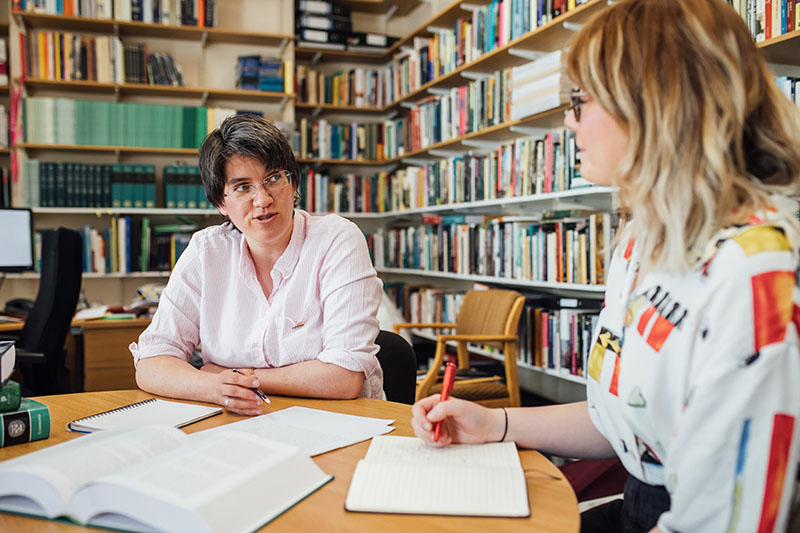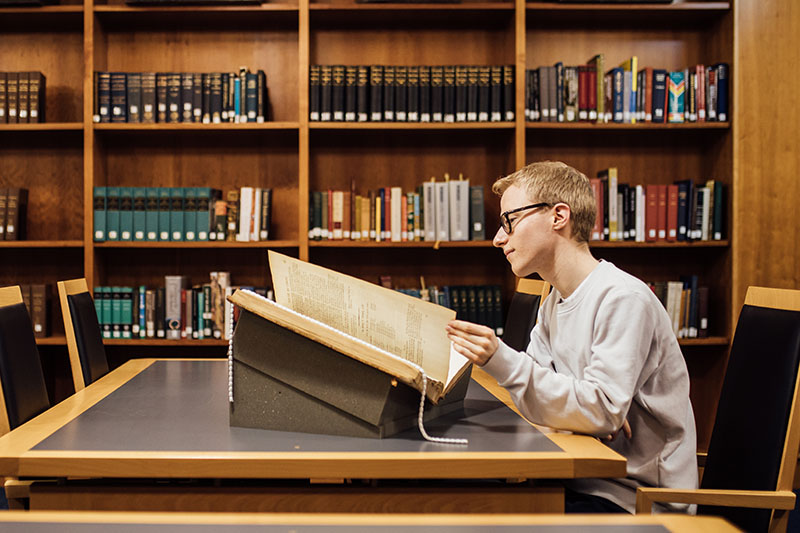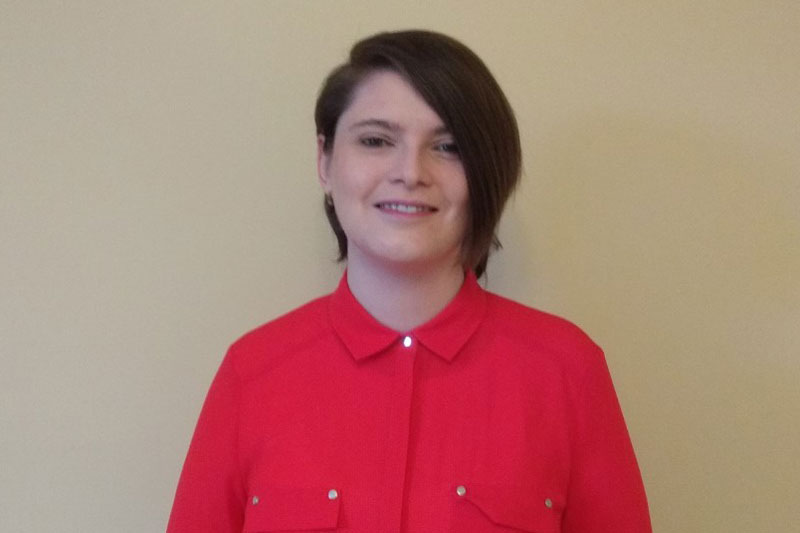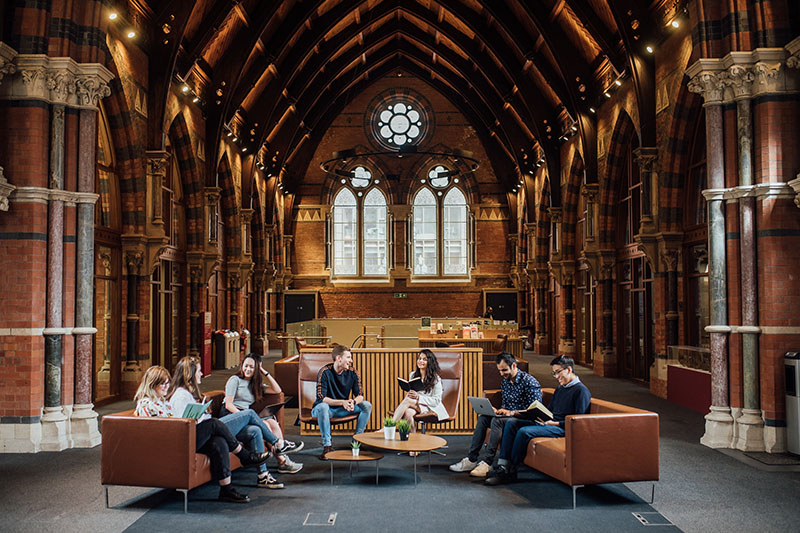Postgraduate Research
The School of Social Sciences, Education and Social Work comprises colleagues from a range of disciplinary groups including Criminology, Education, Social Policy, Social Work and Sociology.
In addition to promoting the strength of our core disciplines and social science more generally, staff in the School are committed to cross-disciplinary work on global challenges and to creativity and innovation in research agendas and methodologies.
We welcome students who want to develop their research potential in a vibrant research community that prioritises the cross-fertilisation of ideas and innovation in the advancement of knowledge.
School research is informing thinking and the development of policies in many areas including the wellbeing of children, social cohesion and mental health. View our key interdisciplinary research themes, which include:
- Education: Advancing Understanding, Improving Outcomes
- Children, Young People and Families: Policy and Practice
- Crime and Criminal Justice
- Health, Wellbeing and Inclusion
- Peace in Societies
Applying for a PhD
To initially discuss postgraduate research options in our school, please contact Professor Alison MacKenzie (Director of Graduate Research Studies). If you're considering a research degree with us, you will need to identify and make contact with a potential supervisor to discuss your research idea before you apply. Read our How to Apply page for more information including guidance on writing a research proposal.
Why study for a PhD at Queen’s?
Our doctoral students play a full and active role in relation to the wide range of research activities in the School. They organise and lead their own regular programme of postgraduate student activities including seminars and conferences.
You are expected to become involved in the research culture of the School and our Research Centres frequently hold seminars and events that will be of relevance to you as you progress through the programme. The School's newsfeed is regularly updated with information about events and you are encouraged to consult this regularly.
We offer office space and a computer as well as supporting the travel costs of students presenting at conferences. Many of our research students contribute to our undergraduate degree teaching as University Tutors. Our doctoral students play a full and active role in relation to the wide range of research activities in the School.
If you're considering a research degree with us, you will need to make contact with a potential supervisor before you apply.
Read our How to Apply page for more information including guidance on writing a research proposal.

Find a PhD Supervisor
If you already have a research proposal idea, start the process of joining our research community by talking to an academic supervisor.
Find a PhD Supervisor - Find a PhD SupervisorPHD STUDY OPTIONS
Use the expander below to read more about our PhD programme and find out how to apply.
-
PhD
- Duration: 3 years full-time; 6 years part-time
- Thesis length: 80,000 words, including references, bibliography and appendices (other than documentary appendices).
You will produce a traditional thesis, or, in the case of creative practice projects, your original creative works and an integrated critical analysis.
The PhD programme is open to both full and part time candidates and is often a useful preparation for a career within academia or consultancy.
Full time students are often attracted to research degree programmes because they offer an opportunity to pursue in some depth an area of academic interest.
The part time research degree is an exciting option for professionals already working in the education field who are seeking to extend their knowledge on an issue of professional interest. Often part time candidates choose to research an area that is related to their professional responsibilities.There is no specific course content as such. You are expected to take research training modules that are supported by the School which focus on quantitative and qualitative research methods. You are also expected to carry out your research under the guidance of your supervisor.
Over the course of study you will attend postgraduate skills training organised by the Graduate School, carry out a piece of independent research and complete a thesis of 80,000 words. The thesis is awarded after a successful oral examination with an internal and external examiner.
PHD PROFILES
Fatma Mafarja, PhD Education
Thinking of travelling to the UK for doctoral study?
International student, Fatma Mafarja, is in her first year of a PhD in Education.
Check out what she had to say about her aspirations with her research and her experience so far studying in Belfast.



